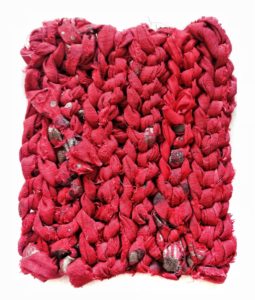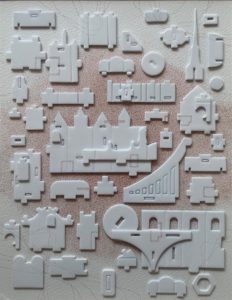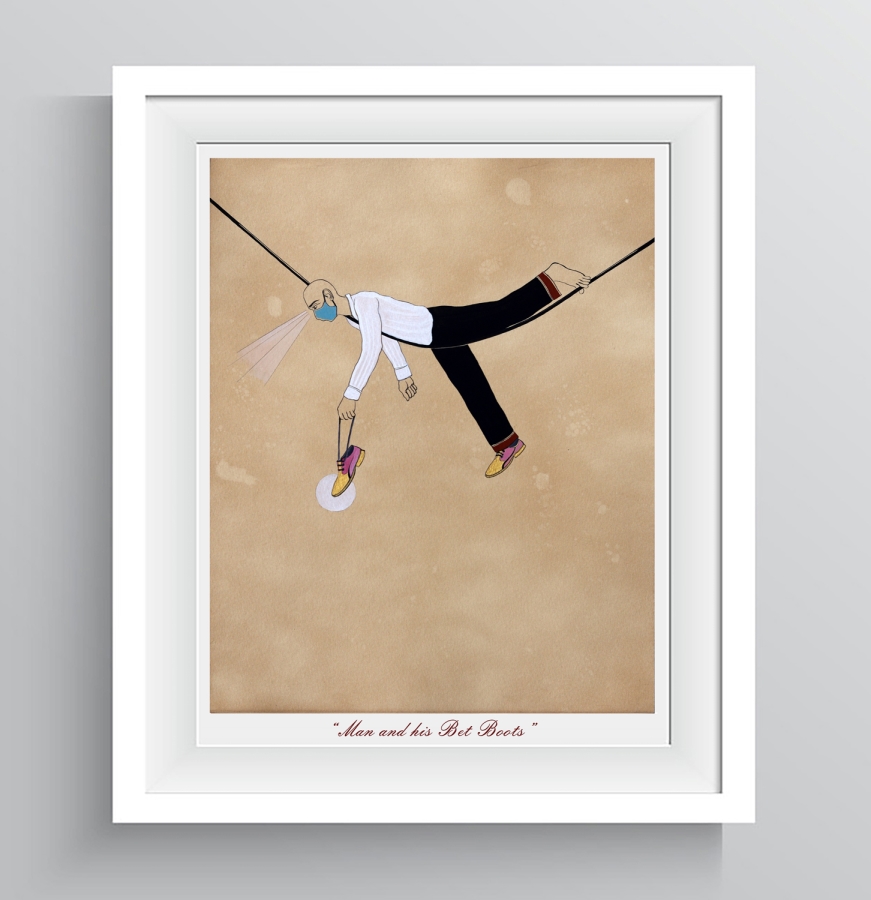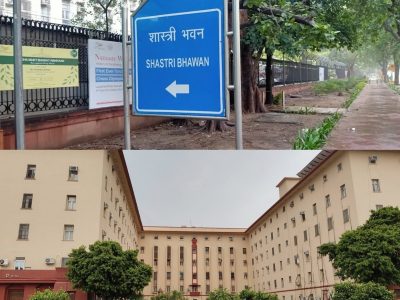Latitude 28’s exhibition ‘When is Empathy too much’ reflects on the implications of the increasing reliance of the people on their virtual presence, spurred on by the pandemic
The one thing that has been made the most use of, across sectors, during the pandemic is virtual technology. Physical interactions have been replaced with virtual engagements, with an ever-increasing reliance on mobiles and laptops.
Explaining the title, the curatorial notes from Latitude 28 says – ‘When is Empathy too much’ refers to the inevitable saturation point that we all know too well, as the virtual domain becomes another phantasmagoria of the modern age. This exhibition calls attention to the changing nature of our perception of the world, the changing perception of the self, the sensory shock of digital overload and how this affects our emotional engagement with works of art.”
This exhibition has brought together the works of Abhishek Narayan Varma, Al-Qawi Nanawati, Shalina Vichitra and Yogesh Ramkrishna. Curated by Shubhani Sharma and Indira Lakshmi Prasad all the four artists address empathy, and by extension connection/disconnection, adaptation/maladaptation in various different ways.
“The events of this year have been a whirlwind journey through the spectrum of emotion. We have seen unfathomable suffering and learned to appreciate each small silver lining.
This new era of a pandemic has tested the core of human endurance; personally, politically and socially. We have seen events needlessly unfold into calamities and I ask myself; how have we, as a society, lost our ability to empathetically engage with one another? The title calls attention to the desensitisation we have become all too familiar within these times,” says gallery director Bhavna Kakar.
Revolving around ideas of dysfunctionality, artist Abhishek Narayan Varma, injects in his characters the strange logics of irrational behaviour rising from anxiety. Varma uses imagery in his paintings, drawings and prints which have continuously stemmed from his own history, derivative of his physical and mental status in this constantly changing and demanding society.

Another set of personal works by artist Al-Qawi Nanavati explores ideas of repetition in meditation and its effects on the mind along with loss and the huge pit it leaves behind. Her mother’s passing has been at the centre of her art practice since 2018 and it has resulted in her inventing a language to speak to her late mother. Her works explore this in forms of letters and other objects made using her mother’s possessions.
Shalina Vichitra’s work on the other hand is about addressing, experiencing, and decoding characteristics of living situations. Personal associations, emotions, identities become part of a larger issue and address the conflict and contradictions of urban living situations and a constant struggle to decode reality and “the other reality”.
Exhibiting his perspective towards the current socio-political condition, cultural propagandas and post-truth era behaviours of society, Yogesh Ramkrishna’s practice includes printmaking, drawing and installations.

“We are all caught in a balancing act of maintaining a healthy emotional engagement with society without succumbing to emotional burnout, yet this balance is required now more than ever. This exhibition explores the role of art as a conduit to convey the human feeling and sentiment beyond the artworks,” adds Kakar.
The exhibition can be viewed at Gallery Latitude 28 from October 26 to November 30





